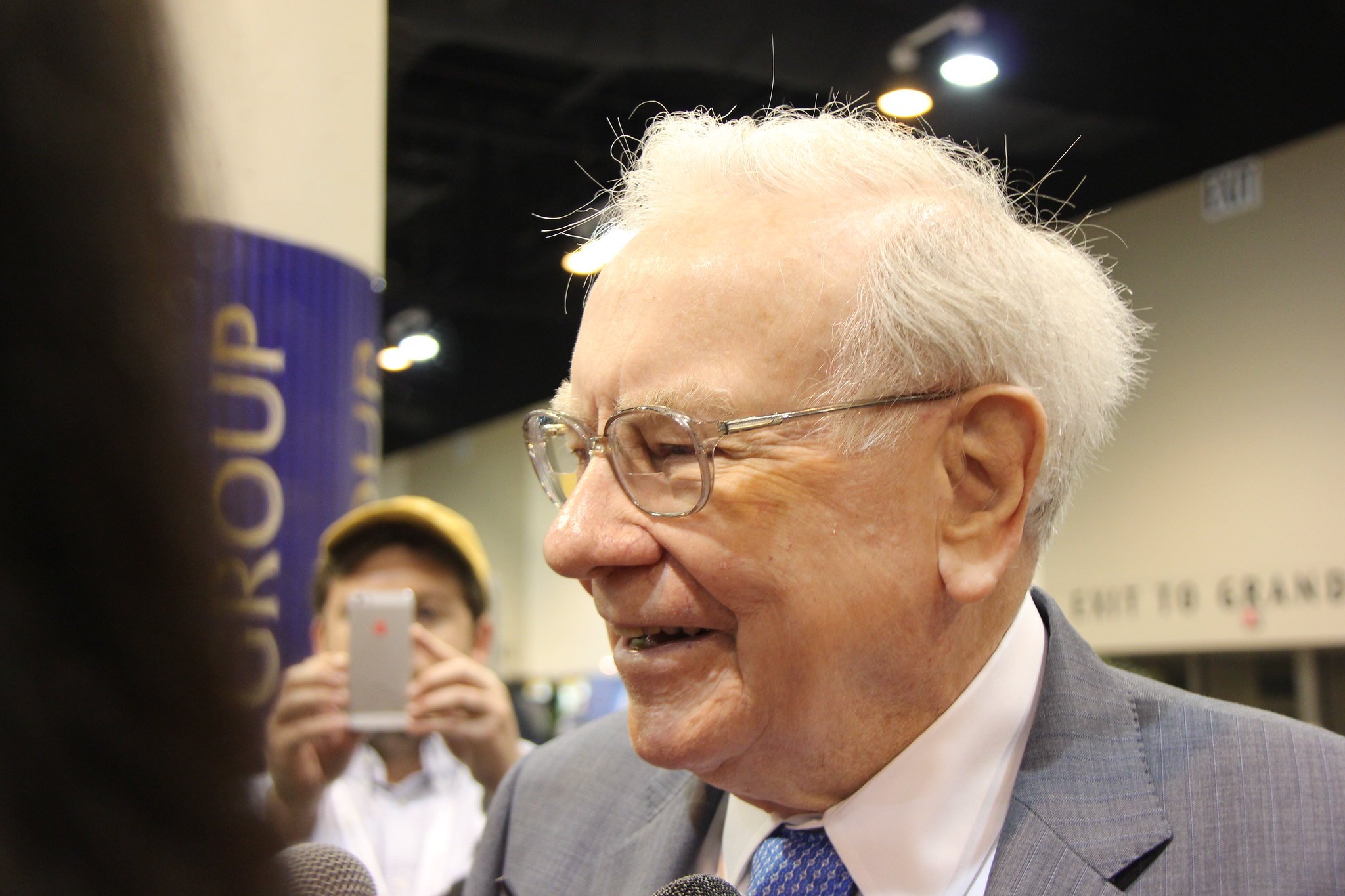The premise makes enough sense on the surface. Not only does a higher dividend yield mean more income per invested dollar, it may also mean the stock in question is undervalued and ripe for a rebound.
That's particularly true when you're talking about the blue chip stocks found within the Dow Jones Industrial Average. There's even a stock-picking strategy called the "Dogs of the Dow" based on this very idea.
But before plowing into the Dow's three highest-yielding stocks just because their yields are big, remember that every one of your stock picks should first and foremost be based on the quality of the company in question.
With that as the backdrop, here's a closer look at the Dow Jones' three highest-yielding tickers right now. You may end up liking all three of them enough to add them to your portfolio. Or, maybe not.
Why so high?
The highest-paying dividend stocks in the Dow Jones Industrial Average right now are Verizon Communications (VZ 0.68%), Chevron (CVX +1.50%), and Merck (MRK +0.98%), sporting trailing yields of 6.4%, 4.5%, and 4% (respectively). But even if your primary goal is income, these big yields don't inherently make the stocks worth owning.
Take Verizon as an example. Investors would struggle to find a higher-yielding ticker of this caliber. But the market's allowed this stock to remain at relatively low levels mostly because investors know there's little to no growth in store because the mobile phone market is so saturated.
Numbers from Pew Research indicate that 98% of all adults living in the U.S. already own and use a mobile phone. Any growth that's going to be achieved by Verizon will mostly be driven by U.S. population growth, which has been and remains rather tepid.
Energy giant Chevron's situation is different although not necessarily better. The world still needs oil and gas, but doesn't need more and more of it. Goldman Sachs says "peak oil" -- the point at which average daily usage starts to decline -- is coming in 2035, but it's only going to grow at a pace of less than 1% per year every year between now and then. Again, investors will want at least a little something more to build on.
As for Merck, a year ago you wouldn't have been able to plug in at a yield anywhere near its current trailing yield of 4%. Shares have fallen more than 30% since then, starting with weakening sales of its HPV (human papillomavirus) vaccine in China, but more recently due to uncertainty linked to tariffs and the possibility that it will soon be forced to offer better drug prices to Medicare.

NYSE: MRK
Key Data Points
These sellers, however, have arguably overshot their target. For perspective, Merck stock's trailing price-to-earnings ratio is now only a rock-bottom 12 versus the industry's large-cap average of 22.6 (according to data from StockAnalysis), underscoring the extreme degree of concern that investors have priced in.
To buy, or not to buy?
But the question remains: Are these high-yielding Dow stocks a buy? As a group? No. Individually? It depends.
Rules-based investing certainly has its advantages. Chief among them is the removal of often-misleading emotions and assumptions from the decision-making progress. And purchasing the highest-yielding names from a relatively small universe of stocks is most definitely a rules-based approach to stock-picking.
Except, maybe this particular premise isn't one you want to blindly embrace. While it's a solid starting point, as was noted, selecting stocks is still done best on a case-by-case basis to meet specific portfolio needs.
Consider Verizon. With a trailing yield of 6.4% based on a quarterly dividend payment that's not only been paid like clockwork but raised every year for the past 18 years, it's one heck of an income investment. Investment-grade bonds aren't paying as much. Just don't count on any meaningful capital appreciation.
There's a reason Verizon shares are currently priced where they were over 25 years ago, and it's not just the company's high level of debt.

NYSE: VZ
Key Data Points
Chevron shares have fared far better, at least until 2022's peak. They've only drifted lower since then, more or less in step with the continued proliferation of alternative energy sources and the outright explosion of electric vehicle sales.
Notably, crude oil prices have also drifted lower during this stretch despite a couple of major supply disruptions stemming from political tensions in the Middle East. This may be the new norm for the industry that's likely nearing a peak and subsequent pivot point. In this vein, the United States' Energy Information Administration believes Brent crude prices are set to fall from an average of $81 per barrel last year to $66 this year to $59 per barrel in 2026.
There's still plenty of money to be made drilling for oil, to be clear, simply because the world will still need it for years to come. Chevron's also now upped its dividend for an incredible 38 consecutive years. It's going to become increasingly challenging for the company to maintain this streak indefinitely, though, given that roughly half of its usual -- but now pressured -- annual earnings are used to fund its dividend payments.
As for Merck, there's certainly plenty of value here. There's also plenty of cause for concern. Even if Medicare's pricing-pushback efforts don't end up turning into a serious problem for its bottom line this time around, this political undertow isn't simply going away.

Image source: Getty Images.
Just don't lose perspective on the matter. Pharmaceutical companies have been facing these sorts of legislative and policy headwinds for decades. The industry has survived them just fine.
Merck is no exception, and it's not apt to become one anytime soon. Its cancer-fighting Keytruda remains a powerful profit center, for instance, accounting for half of its revenue thanks to last quarter's 9% year-over-year sales growth. And while Keytruda's patent protection doesn't start expiring in earnest until 2028, the drugmaker's got a robust developmental pipeline set to replace much of the revenue that will be lost once Keytruda's sales start to wane.
The bigger point is, Merck's got ways of evolving itself as needed. It always has. This discounted price and beefed-up dividend yield is a great buying opportunity. Just be sure you're committed for the long haul. It will take a while for the market to remember this about the pharma company and reprice the stock appropriately.
There's always more to the story
The more philosophical takeaway here, of course, is that a high yield alone isn't enough of a reason to buy a stock even if that stock is a part of the Dow Jones Industrial Average. The underlying business must also be one worth owning, and you must also actually want and need dividend income. Just keep the bigger picture in mind.






